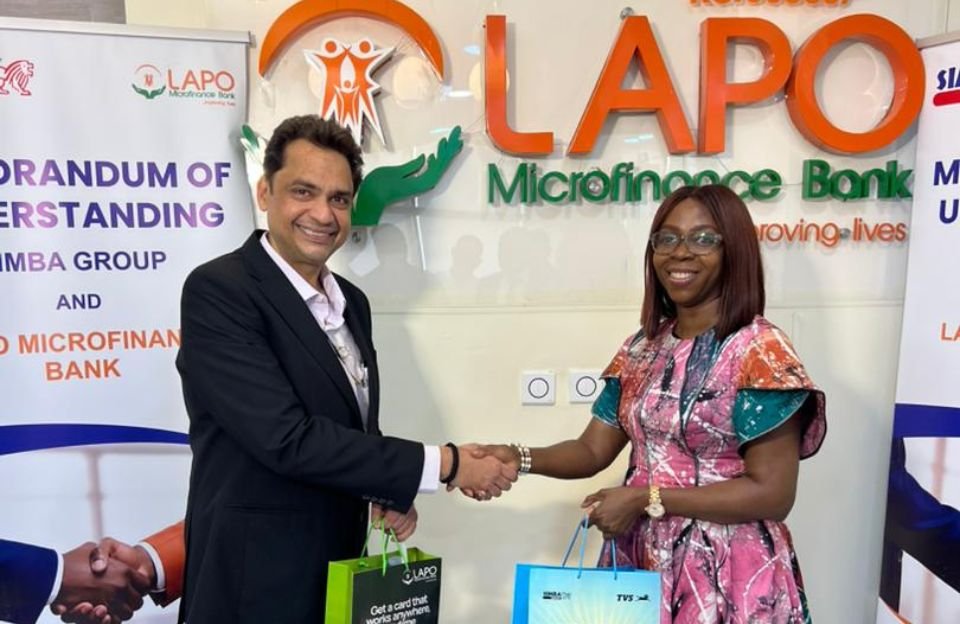

Ghana: GEPA, EU mobilize Ghanaian business to export to European markets
The Ghana Export Promotion Authority (GEPA) is rallying Ghanaian businesses to take full advantage of the economic partnership agreement between Ghana and the European Union to export goods to the EU market.
Deputy GEPA Chief Executive, Samuel Dentu, said the EU market offers limitless opportunities for Ghanaian businesses to expand and go global.
Speaking at a press soiree to launch the competitive Ghana/GEPA export school, Mr Dentu explained there a largely untapped opportunities Ghanaians can take advantage of.
“I mean if you look at our export statistics, the EU is about one of the top three regions that we send our exports to so we have taken advantage but we still can take more advantage.
“The opportunities are enormous and we have the products, we have the knowledge, we need to keep at it and ensure that we sell more into the EU market because as you know the EU is a cluster of countries and everybody or everyone in the EU market has heard about one product or the other from Ghana.”
He offered guidance to Ghanaian businesses, emphasizing the importance of understanding the market’s rigorous requirements and effective strategies for market entry.
He argued that “there are requirements, there are standards and these things need to be learnt and that is what Ghana’s promotion has been doing over the years and will continue to do so that we can access the market.
“For us to be able to play within the international market as far as our food and other things are concerned, we just need to conform and you can’t conform if you do not understand or you do not know.”
Team Leader of the EU-funded Compete Ghana Export School, Nicolas Gebara explained that although businesses have utilized the Economic Partnership Agreement to export to the UK, there remains a substantial untapped market share that presents further opportunities.
“All duties have been removed for 99 per cent of the products since December 2016. When we look at the nature of the trade between the EU and Ghana, what comes out from the EU to Ghana is mostly machinery; high technological machinery that basically will be constituting the inputs in the production of Ghanaian industry.
“So there’s no real completion. We have made an impact assessment and a risk assessment and we found out that on many of those sectors that we have identified where there could be a potential threat to the local industry but there’s no real threat.”
The Compete Ghana and Ghana Export Promotion Authority (GEPA) Export School in Accra has selected 40 Small Scale and Medium Sized Enterprises (SMEs) to participate. This initiative aims to provide these SMEs in Ghana with the necessary knowledge and skills to excel in the EU market.
Organized by GEPA in partnership with Compete Ghana, this school’s purpose is to assist exporters in standardizing their practices and establishing a competitive presence in the European Union (EU) market. The Compete Ghana program, financially supported by the EU through the Ministry of Trade and Industry, aims to bolster Ghana’s administrative capabilities in GEPA implementation and enhance the country’s integration into regional and international trade systems.
















